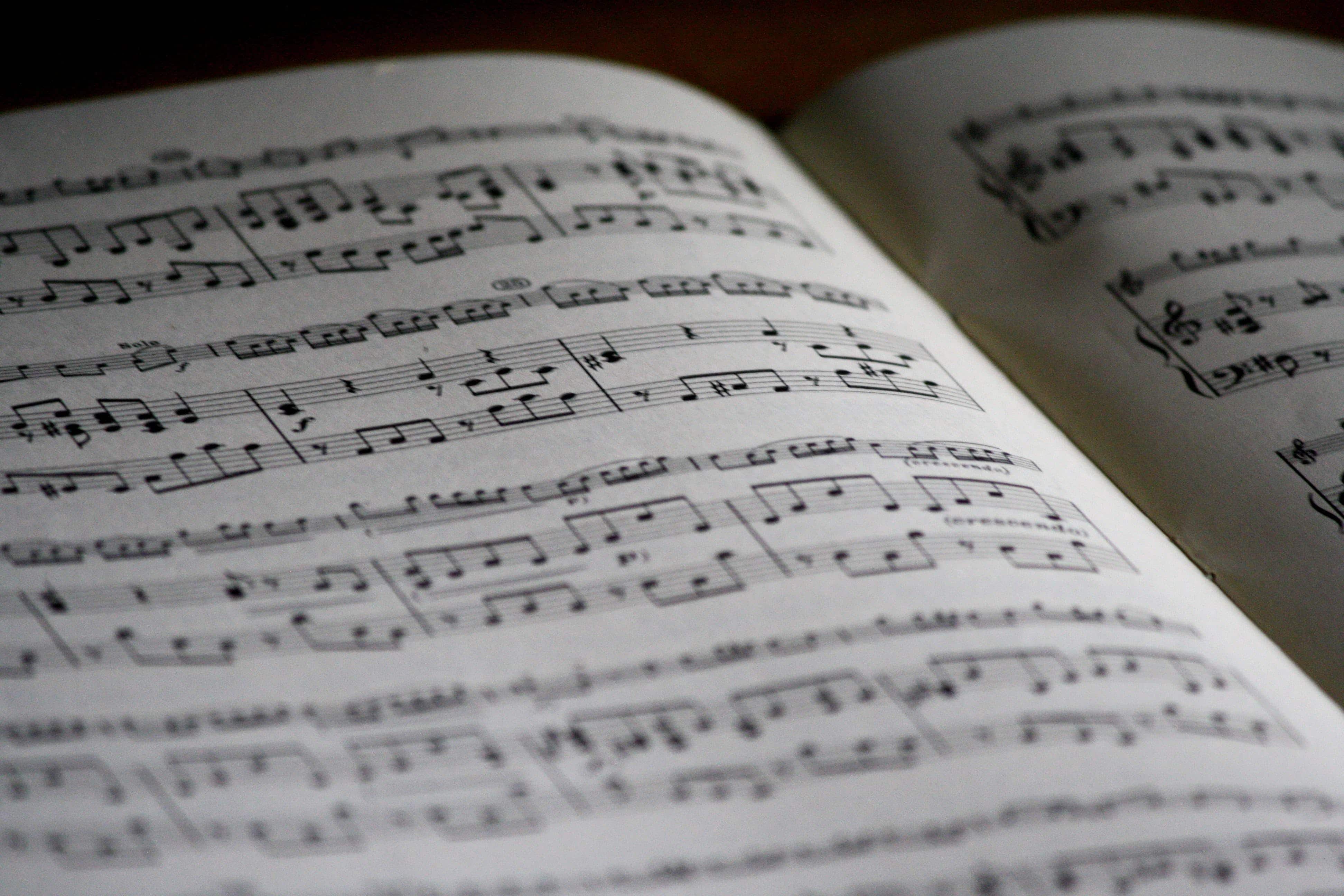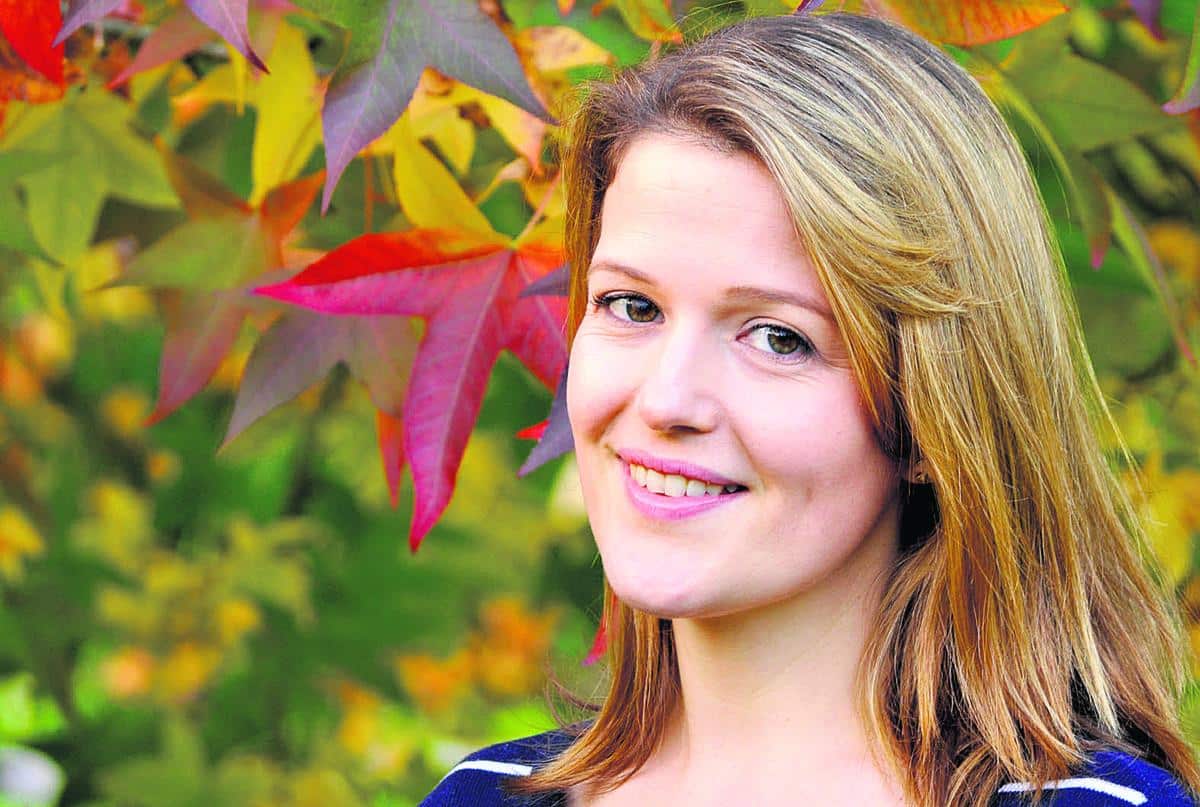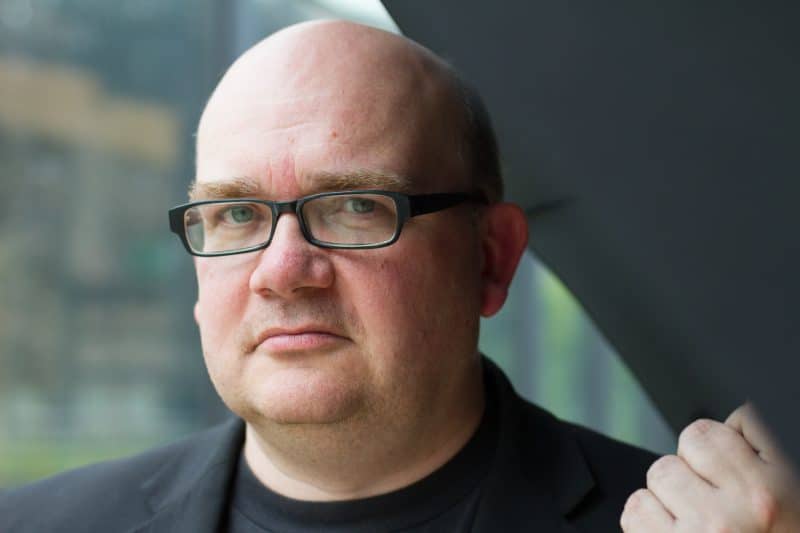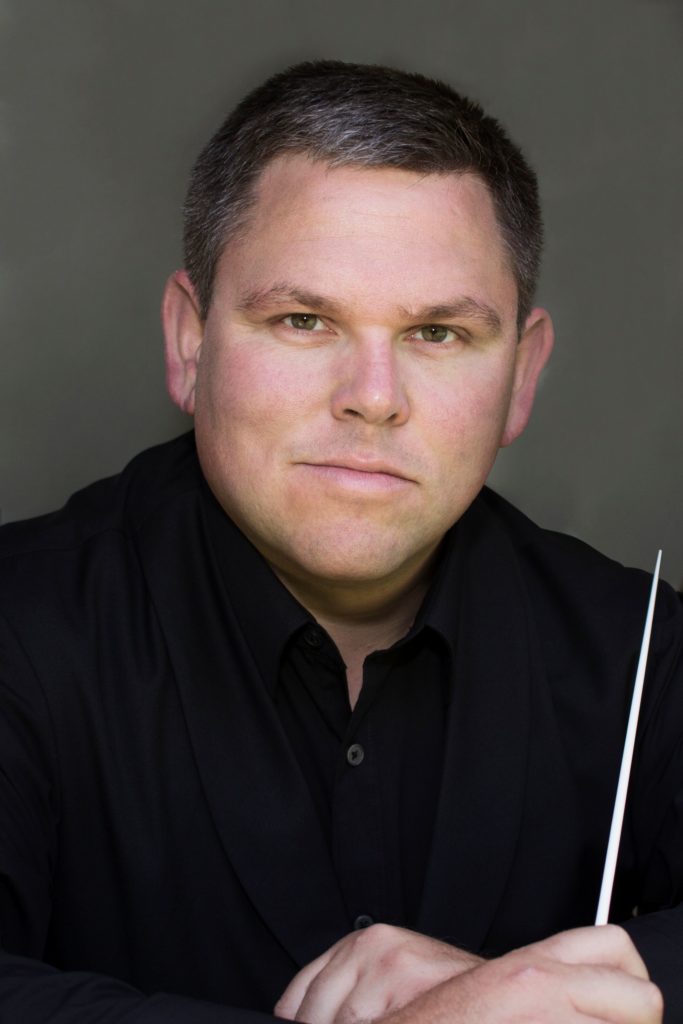
Why study Music at St Hilda's?
Whether you are interested in composition, performance, musicology or work in the arts generally, St Hilda's is a great place to study music. You'll have a rich intellectual life and benefit from excellent resources to support your studies, including the Jacqueline du Pré Music Building (the JdP) and its studio. Music students at St Hilda's are part of a large and friendly group of undergraduate and graduate music students. They study alongside each other and often make music together.
Together with your tutors, you will explore a wide area of musical study ranging from medieval to modern. As well as the core degree subjects, there will be opportunity to undertake personal research. To give a sense of the breadth of possibilities recent St Hilda’s students have done the following recent projects, all of whom obtained high marks in their final degree: a sonic study of the Glastonbury Festival; the baroque trumpet played in Bach's Second Brandenburg Concerto; the Cornish Sea Shanty; a harmonic study of Strauss’s Metamorphosen; a Lacanian analysis of Offenbach’s Tales of Hoffman; and the music of the Legend of Zelda franchise.
St Hilda's is also arguably the best place to study composition in Oxford. This is shown by its graduate community, its dedicated electronic music studio, and the M@SH (Music at St Hilda’s) centre of experimental music. The annual New Music Marathon and the Rendezvous series offer unique opportunities to present your work and hear exciting music of all kinds. You can also participate in composition workshops. One such is the ANIMA film project where composers collaborate with video artists from the Ruskin School of Art on creating musical films. This project has been specifically set up for St Hilda’s students.
Tutors at St Hilda’s work in a wide range of musical areas and enjoy international profile. Professor Martyn Harry is a renowned composer whose projects include his musical playlist for runners, “Exercise Book”, which was commissioned by Reading 2016 Year of Culture. His work “At His Majesty’s Pleasure” has been recorded on CD by His Majestys Sagbutts and Cornetts. Dr Alexandra Buckle specializes in Early Music. She was involved with the music for the Reinterment of King Richard III.
In addition, Dr Jonathan Williams, St Hilda's Director of Music, is a conductor and orchestrator. He is currently undertaking a large-scale project creating new editions of Rameau’s operas and conducting performances of them with the Orchestra of the Age of Enlightenment. He also is well-known for his award-winning soundtracks to video games.
The JdP and musical performance
The JdP forms a unique central point for college musical life. Its professional concert series specializes in chamber and instrumental music, attracting soloists such as Steven Isserlis, Natalie Clein, Joanna MacGregor, Nick van Bloss, Mahan Esfahani. World-leading ensembles such as the Belcea and Fitzwilliam Quartets have also played here. Many of its concerts are live-streamed. Students interested in working in the music industry can get involved in these broadcasts and in the general running of the venue.
Many outstanding student performers are attracted to the JdP, since it arguably houses the best college practice facilities in Oxford. Indeed, for two years in a row, St Hilda’s students have been selected to play in the final of the Oxford Philharmonic Concerto Competition.
The JdP also offers students the opportunity to play in weekly lunchtime concerts. Two performance classes are held each term where students play to each other, their college tutors and an external musician. Last year, we welcomed Christopher Richards, principal clarinettist of the London Symphony Orchestra to give a masterclass. These twice-termly meetings of college musicians foster a close support relationship across the three years of music students. There is also an annual music scholarship competition, termly music dinners and other social events throughout the year.
There is a rich and varied musical life in college. Students play in chamber groups, bands and the college orchestra. The college choir gives termly concerts at the University Church and at services, and college events. Students regularly sing and play in university-wide groups, such as Schola Cantorum, the university orchestras and other chapel choirs such as those at Queen’s and Merton. All music students may use the JdP’s music studio to record and edit top-quality audio and video recordings of instrumental recitals or their own compositions.
After St Hilda's
Our former students are now in a wide variety of careers. Those who have stayed in music performance or composition have either opted to carry on studying at Oxford or have applied successfully to conservatoires such as the RCM, RNCM and Guildhall. Other students have continued graduate research work in music at Oxford, Cambridge, Royal Holloway and abroad. A further group of students have gone on to work in the recording industry, arts administration or as teachers.
We also find that our subject’s unique combination of transferable skills prepares you well for a professional life outside music. What other discipline teaches you through instrumental study how to perform in public and get on with other people? Or through musicology how to write well and to analyse complex data? Or through composition how to get in touch with your own personal creativity? One profession where we find music students are highly sought after is law, where music’s combination of performative, social and analytical skills is particularly valued.
Hear from our students
Anna Appleby (graduated 2014) Composer
I would recommend St Hilda's to prospective music students because of its unparalleled focus on contemporary music. Out of all of the colleges, I found it to be the best for platforming new compositional talent and performance of contemporary repertoire. While other colleges boast traditional chapels and sacred music, St Hilda's offers more of a blank canvas for student-led concerts and recitals. As well as having its own recording studio and practice rooms, the Jacqueline du Pré Music Building is a versatile performance space. My experience of putting on a devised chamber opera there was unforgettable. The college also has links with St Anne's College and the University Church of St Mary the Virgin, so joint musical events are often organised between these venues. Finally, St Hilda's riverside setting creates a beautiful environment in which to study as a musician.
What I am doing now: I recently finished my two-year MMus in Composition at the Royal Northern College of Music. I am currently the Manchester Composer in Residence with Streetwise Opera for their 2016/17 season, Composer in Residence with Quay Voices at the Sage Gateshead, and a Performing Arts Specialist with Artis Education. I hope to continue to discover ways of creatively collaborating with other artists in community settings, including future opera projects and cross-genre work. Anna returned to St Hilda's in July 2018 for Motion and Meaning at the Jacqueline du Pre Music Building. DANSOX (Dance Scholarship Oxford) joined forces with Liveness, Hybridity & Noise new music series for a multi-disciplinary presentation of new works, including 'CUE', by Anna. Find out more about the event and Anna's role in it.
Hannah Gomersall (graduated 2010), Barrister
Studying music at Hilda's was a magical opportunity. Spending three years immersing yourself in the subject you love is incomparable to any other period in life. The memories of wandering through Christ Church Meadows to the Music Faculty are probably romanticised (we were always sprinting through the rain). But the reality was better. Late nights attempting (and woefully failing) to scribble Bach fugues on A3 manuscript scores, afternoons of exhausting chamber rehearsals, attending concerts and masterclasses several times a week. Being a pianist at Hilda's meant I was lucky enough to have access - almost every day - to one of the best pianos in Oxford in our JdP Music Building. It was in College that I conducted an orchestra for the first time, became a routine accompanist and organised the annual Arts Festival. I also had a varied university life outside of music - coxing the first men's eight and getting involved in politics.
What I am doing now: I am now a barrister at a specialist family law chambers in London. I practice predominantly in public child protection law and am in court four or five times a week. It could be seen as an unlikely career path, although the fast pace, intellectual challenges and rigours of performance I faced as a music student in fact transfer perfectly. Being grilled in the small group tutorial system several times a week was the best preparation for having to defend my arguments in front of a judge. Unfortunately not all judges are as lenient and progressive as our wonderful tutors at Hilda's! Post-graduation, I spent four years conducting, accompanying and teaching to fund my post-graduate law studies. Music will always play an important part in my life. I'm in the bar choral society, go to concerts all the time and am finally setting up a piano trio with other lawyers.
Charlotte Parr (graduated 2013), Publications Administrator, Wigmore Hall
Reading music at St Hilda’s has proved a great start to my professional career. Not only does the academic course provide a breadth of music from prior to musical notation to hip-hop, it allows the opportunity to specialise in many different areas. This is supported by the college’s excellent tutors, who encourage interests and offer valuable advice as a result of being world leaders in their fields as well as active forces in the music industry. As a violinist I enjoyed unlimited access to the Jacqueline du Pré Music Building, a purpose-built concert hall situated in the college’s grounds. In addition to providing a stunning space in which to perform and rehearse, St Hilda’s funded lessons with a violin professor from the Royal Academy of Music. The opportunity to study music history, analysis and performance with the first-rate tutors at St Hilda’s was great preparation for my current role.
What I am doing now: I am Publications Administrator at the Wigmore Hall in London. I commission and collate programme materials for around 480 concerts a year, working closely with the management and marketing departments. I edit programme notes written by academics and experts, including former lecturers and tutors! I am continuing to learn a huge amount as well as using the skills I gained at Oxford, most notably the ability to discern a good written style when reading and rewriting material quickly and accurately. The best part of my job is attending Wigmore concerts – seeing world-class artists perform in such an intimate yet integral setting fuels my passion for music that was so well nurtured by St Hilda’s.
Up to 4 places per year
Meet our Academics
You can read more about the course academics via their profiles which can be accessed below.

Music

Music
